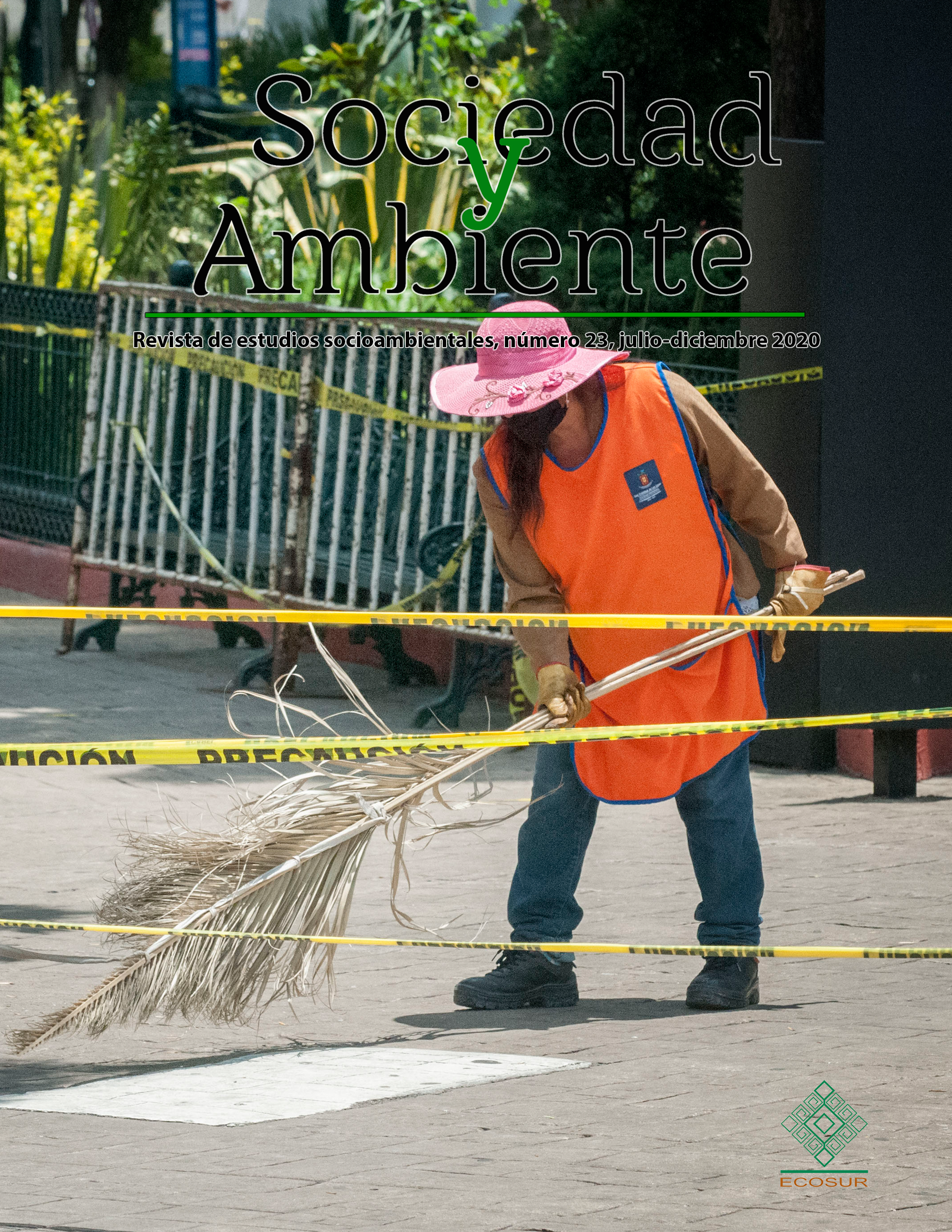Abstract
Peasant producers from rural territories compete for access to water resources with business, private, and government sectors. This dispute does not necessarily occur in a belligerent way, and it also manifests itself in water technology designs that reflect the organization, social participation, and management, but what is the social and environmental estimation of hydraulic technology inserted in rural production systems? The objective of this work is to analyze artificial aquatic ecosystems from a perspective that understands their social and environmental components to redefine their biological diversity and their socio-productive importance. With the support of interpretive and critical ethnography, social interactions that contribute to outlining criteria for the environmental, productive, and social estimation of rural hydraulics in the metropolitan area of the state of Mexico were recorded and analyzed. The use of geographic information systems helps to represent the spatiality of these hydro-systems. The results indicate that peasant hydraulic technology, which belongs to spaces influenced by the commercial valuation of water, is an alternative for the continuity and security of food production. Peasant organizational capacity is the basis that contributes to improving the panorama of limited access to water.

Sociedad y Ambiente by ECOSUR is licensed under a Creative Commons Reconocimiento-NoComercial-SinObraDerivada 2.5 México License


